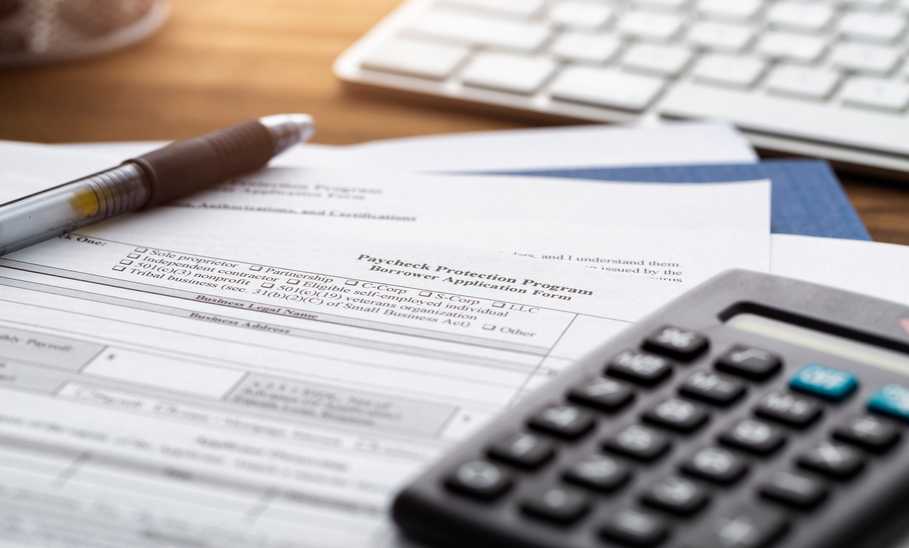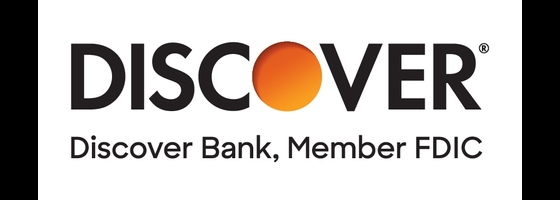- Funding as quickly as one hour.
- Joint applications accepted.
- Both secured and unsecured loans available.
Best Emergency Loans for Bad Credit in February 2025


Our evaluations and opinions are not influenced by our advertising relationships, but we may earn a commission from our partners’ links. This content is created by TIME Stamped, under TIME’s direction and produced in accordance with TIME’s editorial guidelines and overseen by TIME’s editorial staff. Learn more about it.
Let’s face it, life happens unexpectedly sometimes. If you find yourself facing an unplanned expense due to a medical emergency, home repair, car accident, or even job loss, you may need access to cash fast.
Taking out a personal loan can be one way to get the funding you need quickly, sometimes as fast as the same day. Having a poor credit rating can make the situation worse, but not necessarily impossible.Here are our picks for the best emergency loans for people with bad credit and what each lender offers.
Here are our top lender recommendations if you’re looking for an emergency loan to cover unplanned or unexpected expenses.

If you’re looking for a quick loan to help cover unexpected emergency expenses, OneMain Financial may be the fastest funding option available. Individual or joint borrowers can take out an emergency loan with funding in as little as an hour after loan approval. Both unsecured and secured loans are available with repayment terms ranging from two to five years in length.
OneMain Financial does have lower loan limits than many other lenders—$1,500 and $20,000—and interest rates can be higher on average. Loans may also be subject to origination fees as high as 10%, depending on the loan terms and location.

A trusted household name in the world of credit cards, Discover also offers quick personal loans to eligible borrowers with good credit. Loans are available for as much as $40,000 with no origination fees and funding as quickly as the next business day. You can check your rate and eligibility online without affecting your credit score, and there are many different loan repayment terms from which to choose.
Joint loans aren’t allowed at Discover and borrowers must meet all eligibility criteria, including a minimum annual income of $25,000. There also aren’t any discounts for loans with automatic payments.

Upstart provides quick emergency personal loans to borrowers with credit scores as low as 300, or even borrowers with such a limited credit history that they don’t yet have a credit score. Loan pre-approval takes just minutes online and won’t affect your credit. Once approved, funds can be disbursed as soon as the next day.
Upstart emergency loans do have origination fees, which can be as high as 12% depending on your location, loan amount, and repayment terms chosen. Joint loans aren’t offered through Upstart, and there are only a few repayment terms from which to choose.

Avant markets a branded emergency loan, designed for borrowers in eligible states who need fast funds to cover unexpected repairs and expenses. Applying online takes just minutes and won’t affect your credit, and approved loans are deposited as quickly as the next business day. Borrowers only need a credit score of 580 to qualify and, while an origination fee typically applies, it is capped at 4.75%—much lower than many of the other lenders mentioned.
Avant emergency loans aren’t available in all states and joint loans aren’t allowed at all. Interest rates may be higher than with other lenders, as well.

If you have a smaller emergency expense, but need the funds as quickly as possible, ExtraCash through Dave can give you access to up to $500 with no interest charges, credit check, or late fees. Funds can hit your connected Dave Spend account in as little as five minutes, or you can transfer to an external account in about an hour. All you have to do is download the Dave app, link your bank account, and send funds.
Not an installment loan like the other products mentioned here, ExtraCash is instead a short-term cash advance. These funds are repaid either on your next payday or the Friday after your advance is taken. Fees range from $3 to $15 for transfers to Dave Spending accounts, and between $5 to $25 for transfers to external accounts. If you borrow $500, this means that your fee will range from 0.6% to 5%.
| Title | APR | Loan amount | Term |
|---|---|---|---|
OneMain | 18.00% to 35.99% | $1,500 to $20,000 | 34 to 60 months |
Discover | 7.99% to 24.99% | $2,500 to $40,000 | 36 to 84 months |
Upstart | 7.80% to 35.99% | $1,000 to $50,000 | 36, 60 or 84 months |
Avant | 9.95% to 35.99% | $2,000 to $35,000 | 24 to 60 months |
Dave | 4.00% | $500 | Next paycheck |
Not sure which emergency lender is right for you and your urgent situation? Here are some things to consider.
If you have a smaller unexpected expense, most lenders may be able to provide you with the funds you need quickly. However, if you are facing a large medical bill, housing repair, or other big expense, you will need to look at lenders that have larger emergency loan limits.
Some emergency lenders can fund loans as quickly as one or two business days, while others might be able to get funds to you within hours or even, in some cases, minutes. The lender you choose will vary depending on the situation you’re facing and how quickly you need access to these funds.
Every loan has a cost—an origination fee, interest charges, or sometimes both. These can easily add hundreds or even thousands of dollars to your loan, so it’s important to limit fees as much as possible.
Whether or not you qualify for certain emergency loans depends on such factors as your income, credit score, location, age, and debt-to-income ratio, along with how much you’re trying to borrow. This might mean that your lender options are limited by your personal factors.
If an emergency fund won’t meet your needs, doesn’t give you access to funds quickly enough, or you don’t qualify, there are a few other options you might consider.
The best way to handle an unexpected expense is to prepare for it well in advance. By building up an emergency fund, you’ll be ready for any unplanned cost that might arise.
Aim to start by creating an emergency savings account with at least $1,000. This will help you handle any number of costs that might arise, such as an auto repair expense or unexpected bill. Set a loftier goal down the line, like putting aside three to six months’ worth of expenses that will help you cover any big emergencies, unplanned layoffs, and the like.
A credit card can provide you with quick funds in an emergency, whether you need to cover an unplanned expense or make a big purchase that isn’t in your budget. If you don’t pay off those charges right away, the interest on credit card purchases is typically higher than with a loan. In some cases, you may even be able to use a 0% APR offer on a credit card, which will let you pay off your emergency purchases over time without incurring interest.
If you’re in a bind and need funds fast, a cash advance may be an option. These tend to have notably higher fees and interest charges than personal loans, and often require a faster repayment, so keep that in mind. Cash advances may be available through an existing credit card issuer, your bank, certain financial apps, or dedicated cash advance lenders. Just be aware of predatory lending practices.
You don’t have to look for an emergency loan in order to get cash fast. Many of the top personal loan lenders offer standard funding as quickly as the same or next business day, for borrowers who qualify.
Depending on your situation, income, credit rating, and current debt obligations, you could potentially find it difficult to qualify for an emergency personal loan on your own. If this is the case, applying with a creditworthy cosigner can get you the approval you need and/or unlock lower rates and better loan terms.
Emergency loans can give you access to funds when you need them quickly, whether you’re facing an unexpected medical concern, unplanned housing repair, or job loss. Funding can be as fast as the same or next business day. Look for the emergency loan with the lowest fees and interest rates, that still provides fast funding.
Each lender sets its own requirements, and some don’t have a minimum credit score threshold at all. The best loan terms and funding options will typically be offered to borrowers with credit scores of about 650 or higher, but you can find some loans if you have lower scores or no score at all.
Emergency lenders may offer funding as fast as the same business day after approval. If you need funds even faster, you may want to consider an instant cash advance through a platform like Dave, or usng an existing credit card or line of credit.
If you’re facing an emergency expense, many lenders offer personal loans with approval in minutes and funding the same or next business day. You can usually apply online and, once approved, move forward with your loan right away. If you’re unable to get an emergency personal loan or need money even faster, an existing credit card with an available credit limit can give you purchase power or access to a cash advance instantly.
Some lenders offer personal loans to borrowers with credit scores as low as 500. These loans may have higher interest rates, lower loan amounts, and limited repayment terms. You may also consider adding a creditworthy co-borrower to the loan to improve your approval odds and even unlock better loan terms.
The information presented here is created by TIME Stamped and overseen by TIME editorial staff. To learn more, see our About Us page.



